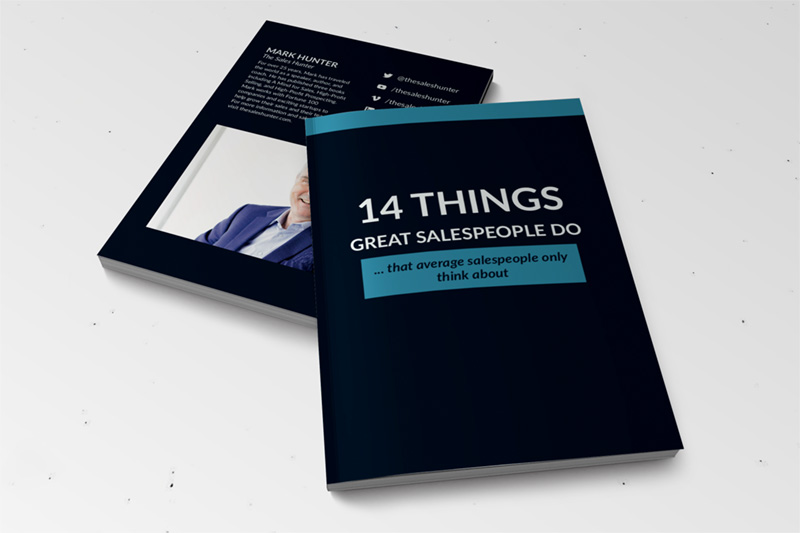 You just uncovered what you think is some amazing sales intelligence that will help you close a major sale with a customer you’ve longed to do business with.
You just uncovered what you think is some amazing sales intelligence that will help you close a major sale with a customer you’ve longed to do business with.
The sales intelligence came to you from a very credible source and you know you can leverage it.
Have you ever been in this situation, only to find out the information you think is so wonderful is anything but wonderful? If you’ve been in sales for any length of time, I’m sure you’ve had this problem occur.
Here’s the deal. Information is not good information until you’ve been able to confirm it from two sources. Additionally, information is not good information until you know how you’re going to use it.
On numerous occasions, I’ve learned major insights about a customer or a prospect. Problem is the information might be true but have no relevance to the customer or your proposal. This is why I say each piece of information needs to be verified for its value with the customer.
The best way to do this is by asking the customer. Many times salespeople are afraid to ask a customer a question they feel might be sensitive. Yes, there are situations where information might be deemed sensitive, but those situations happen far less than you realize. I always look to ask the customer questions about what I’m hearing. It’s a great way to demonstrate to the customer that you’ve done your homework and you value their input.
If for some reason you can’t ask your customer about the information you’ve learned, then you should find another viable contact in the company you can ask. Again, this can be a great way to develop additional relationships and points of contact within a customer. Just keep in mind the response you get from either the other contact or the buyer themselves is going to be their opinion. Yes, they might state facts, but they will almost always do so with their opinion mixed in. I find their opinion to be just as valuable as the fact, as it can help me understand better how I might be able to leverage the information.
Your key with sales intelligence is to not take anything at face value. You must find a way to discuss it directly with your customer. Until you’ve done this, the information you’ve learned is merely unconfirmed information.
Copyright 2011, Mark Hunter “The Sales Hunter.” Sales Motivation Blog.












